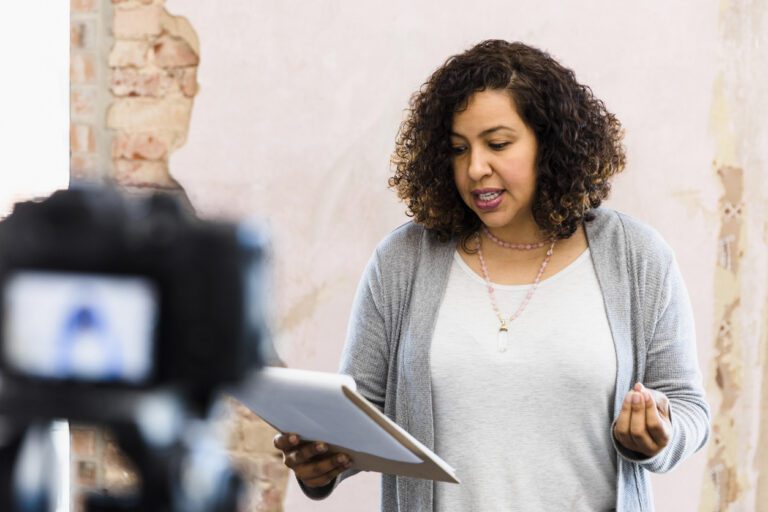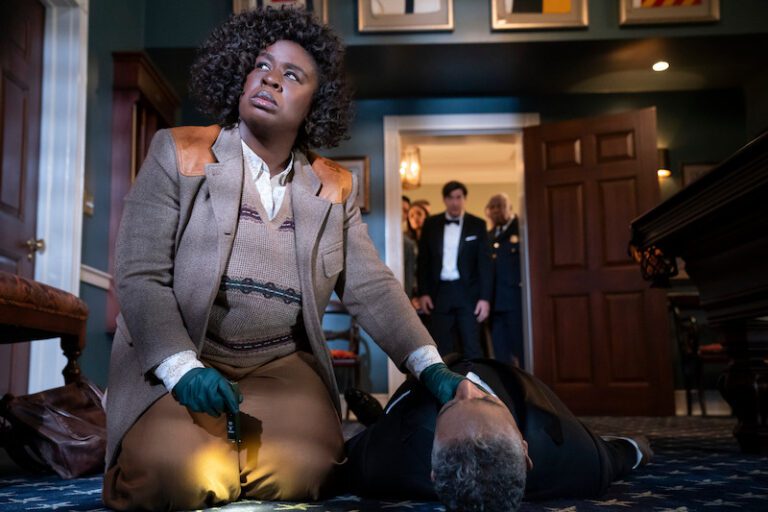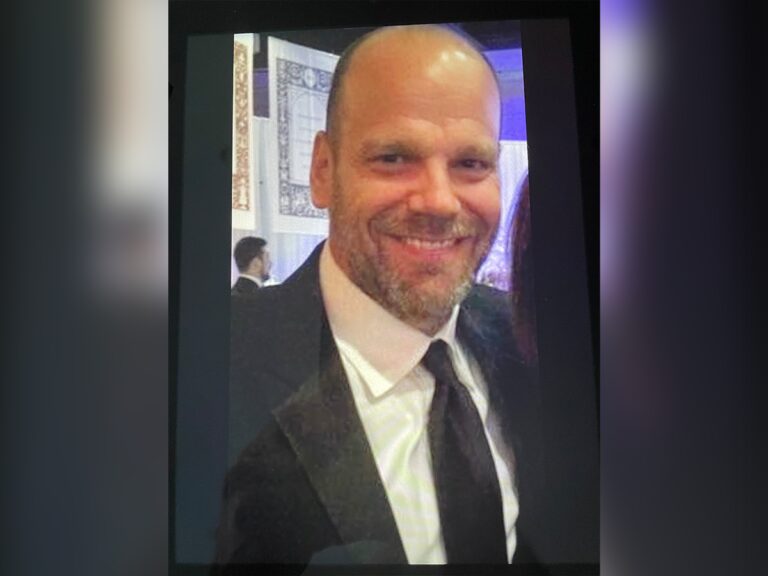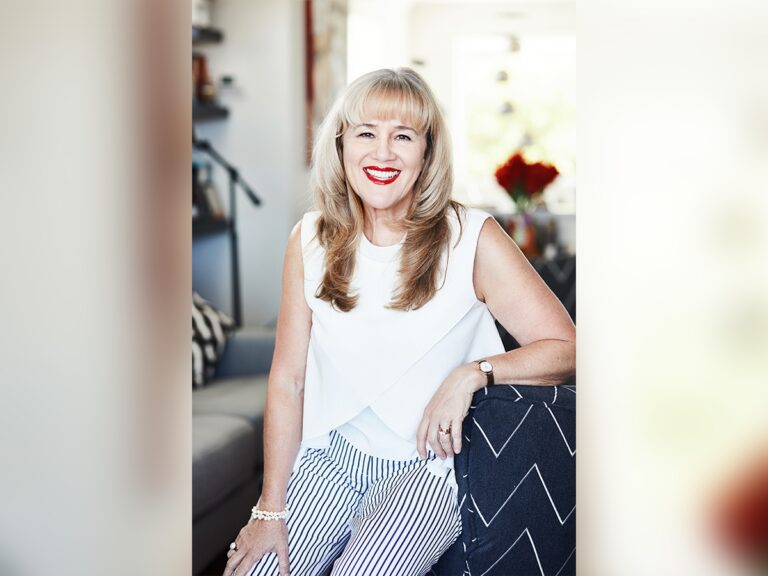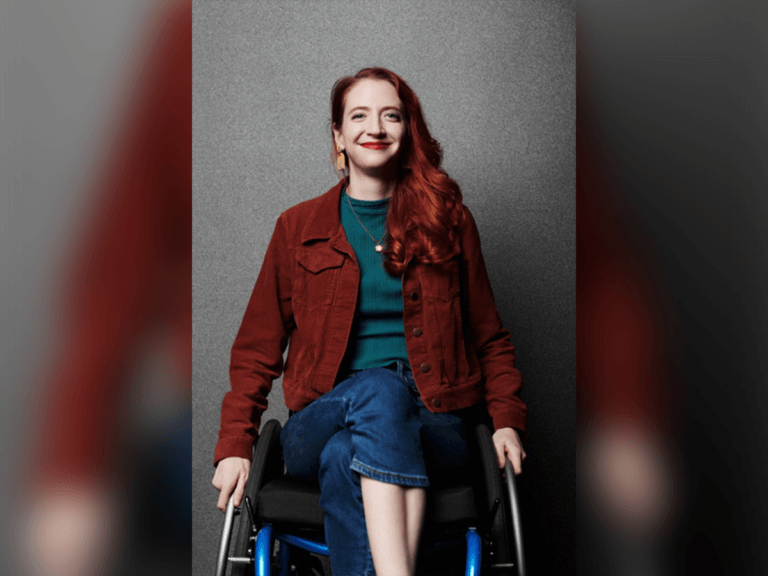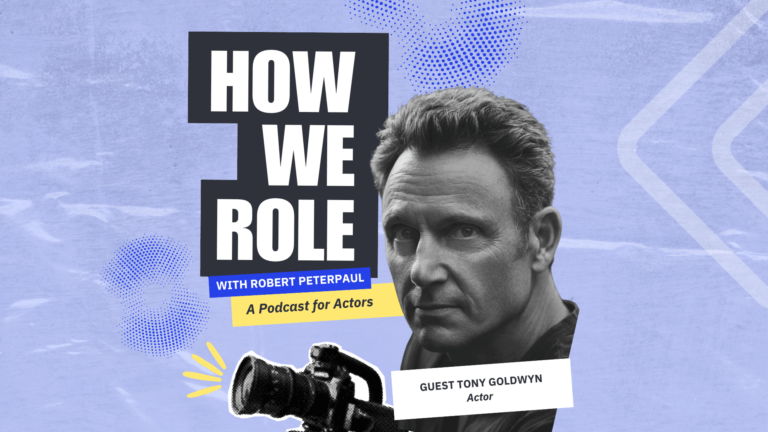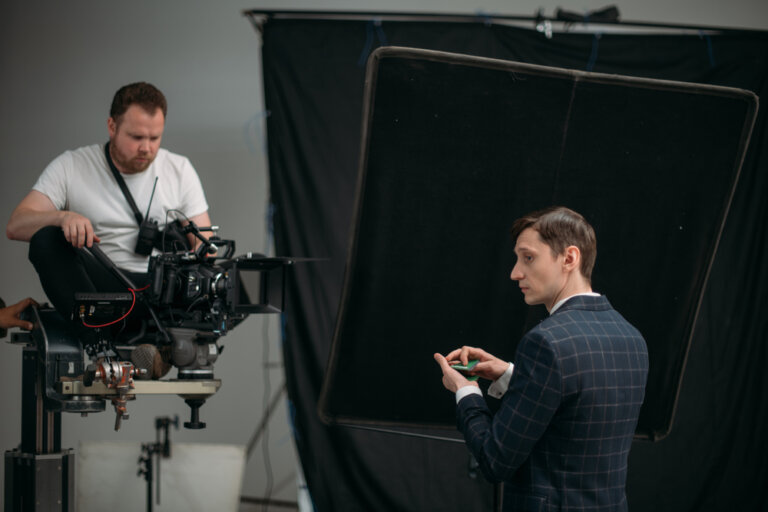A callback is an exciting opportunity that typically means one of two things: you impressed the casting team in your initial audition, or you may have missed the mark in some way, but they see potential and want to give you another shot. Either way, there are strategies to seal the deal.
Insights: Tips for Nailing a Callback
- Rehearse your initial successful audition, deepen your script knowledge, and arrive memorized and dressed appropriately.
- Be adaptable to feedback and direction, and showcase your ability to interact authentically with other actors.
- Match the audition room’s energy, send a thank-you follow-up, and use each callback as a learning opportunity without fixating on the result.
Thinking about joining Casting Networks? Sign up for a free trial today!
Importance of the Callback Process
Receiving a callback is one of the highest accomplishments on the spectrum. With that, however, also comes an enormous amount of responsibility. If you thought the stakes were high during the audition, think again. The callback raises them even further.
This is your chance to prove that you are not only the right fit for the role, but that you can take direction, stay consistent and bring even more depth to your performance. It could also mean that casting will have you read with one or more of the already-cast actors to assess your on-screen chemistry.
Preparing for Your Callback
You got this far. It’s time to keep the momentum flowing.
- Review your first audition: Recreate your original performance as close as possible. That said, sometimes you just can’t remember your first audition, be it it’s nerves or multiple auditions in one day. To solve this, consider taping yourself before your audition so you have a reference to review (if your first audition was a self tape, find and watch it).
- Analyze feedback (if any): If given notes, incorporate them. If not given notes, ask your agent or manager if they can get feedback. Don’t overthink your performance.
- Study the script and character: Deepen your understanding of the role. At a callback, you’ll want to show more layers of the character. Think about what motivates the character and what emotions you can bring out more effectively.
- Memorization: Be off-book to show confidence. Off-book means you’re not reading from the script. Don’t even hold the script during your callback, as it could be perceived that you’re using it as a crutch.
- Wardrobe choices: Wear the same clothes as your initial audition unless directed otherwise. You should opt to bring some spare clothes that are similar in case something happens on the way to your callback such as spilling coffee on your outfit.
- Vocal and physical preparation: Get enough rest, warm up and be ready to perform at your best. To get your energy up, do some quick vocal warm-ups and stretches.
Handling Adjustments and Direction
One of the biggest reasons actors don’t get booked after a callback is their inability to adapt. Directors may have a different view of the character and want to see if you can portray the role to match their vision.
An example would be if the director asks you to play the part with more vulnerability, whereas in the original audition, you played it with assertiveness. It boils down to interpretation. Ultimately, you want to show that you can take direction.
Matching the Energy of the Room
You never know who will be in the audition room and what influence they may have on the decision-makers. While some casting teams may seem engaging, you may have one or two people who are reserved. How do you “read the room” and match the energy? Here are some tips.
- Be enthusiastic but not desperate: This does not come naturally to most people. You need to learn how to curb your excitement. Example: You’re in the audition room with a group of people and the Casting Director asks a particular actor if they can say their lines with a specific accent. That actor cannot perform with the accent but you happen to know the accent very well. At that moment, do NOT jump out of your skin and tell the casting director that you know the accent. The casting director might feel that the actor is right for a specific role but might not see you as the right fit for that role, therefore, you wouldn’t need the accent. You can, however, ask to approach the casting director after everyone is gone to let them know that you can do the accent if a role becomes available where it’s needed.
- Stay professional and personable: Treat everyone with respect, from assistants to producers. One day that assistant may be a Casting Director.
- Show confidence without arrogance: Arrogance is when people who are too proud look down on others. It’s not a very nice quality. Show that you know what you’re doing without belittling others.
Sidenote: Production people aren’t only evaluating your performance. They’re also assessing if you’re easy to work with on set.
Chemistry Reads and Group Callbacks
If your callback involves reading with others, focus on being genuine and actively listening without interruption, no matter how hard you want to interject. Directors want to see how you interact with others. Here are some tips for positive interaction.
- React to your scene partner naturally.
- Always be present. Your scene partner may make different choices than you expected. You need to play off of them.
- Don’t overpower the other actor. The goal is to create a believable dynamic.
The Mental Game: Confidence Without Overthinking
After an audition, you may feel you nailed it or you may feel you failed it. Either way, the last thing you want is to doubt yourself. At a callback, you want to:
- Stick with what worked, but be open to changes.
- Don’t try to guess what the casting team wants. Focus on delivering your best performance.
- Enjoy the moment.
Handling Nerves and Rejection
This is tough but as time goes on and you get more and more rejections, it becomes easier to handle.
- Focus on the scene, not the pressure. If possible, it’s best not to feel any pressure at all. The room can tell.
- Understand that rejection isn’t personal. There are many factors at play. It may be as simple as you not having the right look.
- Learn from each callback experience and apply it to future auditions. Identify the choices that earned you the callback. Did you adjust to feedback effectively? Were you flexible or did you resist changes?
Following Up After Your Callback
Resist the urge to obsess over your callback. It’s not going to get you a do-over. Do these things instead:
- Show gratitude by sending a “thank you” email or note to the CD. This will help you stay connected and hopefully, they will remember you.
- Always maintain a professional attitude, even if you don’t book the role. There may be future parts out there that the CD has in mind for you.
Every callback is an opportunity to refine your skills and make an impression. Trust yourself, stay committed, and you will get one step closer to booking the role.
You may also like:
